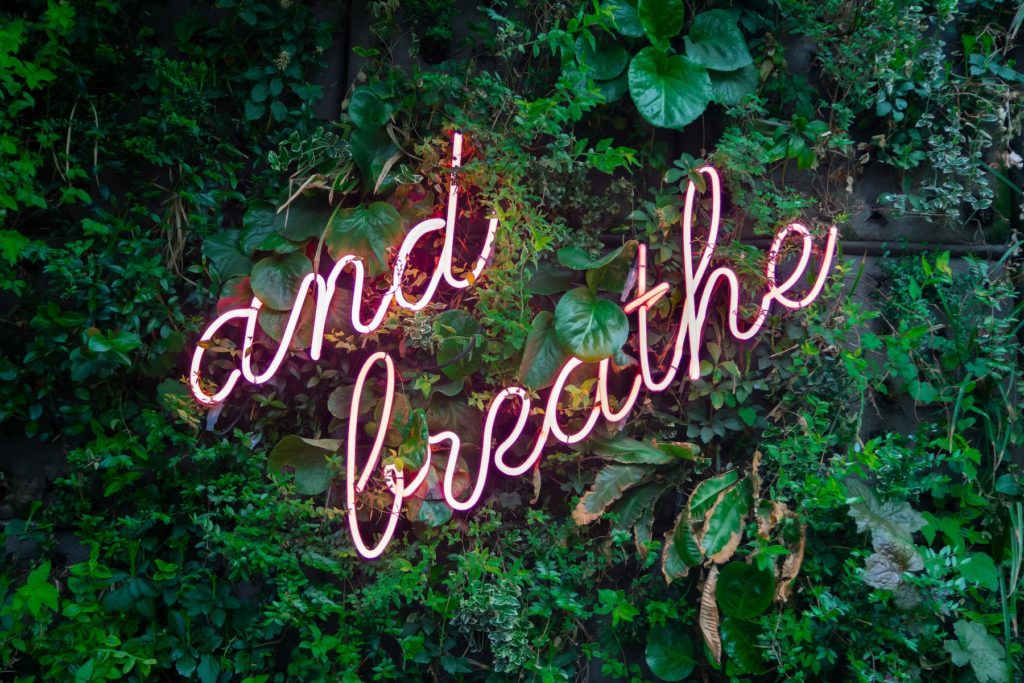How To Prioritize Your Wellness When You’re Stressed
Mental Health, Reducing Stress

Life is hard, regardless of being in a pandemic or not! We all have responsibilities, deadlines, bosses, social obligations, family, sleep, meal prepping, and that’s all before noon. There are so many things in a day that stretch us thin and stress us out. Your health is important, because when your health suffers, all other aspects of your life suffer as well. So today, we are talking about how to prioritize your wellness, especially in the midst of stress.
I also want to highlight something big here. We easily attribute stress to hard things: work, divorce, financial struggles, too many meetings. But stress can stem from good things as well: vacation, presenting in a meeting, holidays, proposing. A good friend shared the spoon theory with me and compared stress and fatigue to spoons. Weird, right? But stay with me here. What he said was that whether you are eating a delicious bite of ice cream (i.e. “good things”) or forcing down bitter medicine (i.e. “hard things”), each one takes a spoon. Every task you complete or decision you make requires a spoon. Some people have more spoons than others (greater capacity) and others have more efficient dishwashers (quicker recovery time), but every person uses spoons and that use of spoons can fatigue us and stress us out.
Knowing this, let’s talk about ways to prioritize your wellness when you’re stressed (and running low on spoons).
Breathing
Let’s start with something seemingly basic, that we all know how to do. Breathing. We’ve been doing it our entire lives, but when anxiety creeps in, the breaths somehow get shallower. Deep breathing helps to increase oxygen to your brain to stimulate the parasympathetic nervous system. This stimulus promotes a state of calmness. That calmness helps to combat all that stress that we’re feeling and prioritize your wellness, especially in that moment.
Box breathing is an awesome deep breathing tool. You exhale for four breaths, hold for four breaths, inhale for four breaths, hold for four breaths, and repeat four times.

Movement
Movement and exercise increase your health and your sense of wellbeing, which gives you more energy and promotes your overall wellness. Exercise also increases your endorphins, which can help you get more sleep and reduce stress. As the wise Elle Woods once said, “Exercise gives you endorphins. Endorphins make you happy. Happy people just don’t shoot their husbands, they just don’t.”
Take a walk, hop on your bike (or e-bike), go for a hike, enjoy some yoga. Move your body in some way that feels good and right for you. Sometimes working out with a friend helps with stress, too!
Re-Evaluate Your Priorities
Sometimes we get used to saying yes and adding everything onto our plates. As a society, we glorify busyness and are very task oriented, so we can on way more than we should. Take a brief pause to consider what you’re saying yes to. Double check what’s on your priority list and make sure that what’s high on your list is serving you and is beneficial. Don’t forget that self-care should have a regular appearance on this priority list!
Remember, you have the power to control your schedule, even when it feels like you don’t. Write down all of your tasks and responsibilities, then literally prioritize them and rank them out. Ask yourself a couple questions to help with this: What has to get done today? Can I delegate something? What isn’t really that important?
Boundaries
It’s easy to think of boundaries as saying no and separating you from others. Setting boundaries can seem mean, but really boundaries are essentially guidelines for what you do and don’t allow in your life. Think about what those guidelines are, and then enforce them (the trickiest part). Communicating boundaries is key to ensuring that these boundaries will be honored. Establishing and maintaining boundaries helps you prioritize your wellness and honor your time and self.
Here are a couple of examples of boundaries: your working hours each week, taking breaks from the news, needing time to process after an argument, etc.
Talk to Someone
Sometimes, talking to someone is the biggest stress-reliever of them all (speaking as the queen of verbal processing). This can be difficult and vulnerable, but when you’re in a safe environment, it can bring about so much clarity. Reach out to your friends or family who are there to listen, give support, and help you through this stressful time.
When chatting with friends and family isn’t cutting it, reach out to a professional, is an option! BetterHelp is a great company that provides online therapy and counseling. Coaching is also an avenue if you need help with clarity, accountability, or moving forward with an action plan. Both can help you greatly in working through hard things to prioritize your overall wellness and reduce your stress.

These are just a couple of tips to help you prioritize your wellness – this is by no means an exhaustive list! Take a moment to figure out what will help increase your capacity for more spoons and help to upgrade your dishwasher. Again, life is hard and really stressful. I hope these tools help you priortize your wellness just a little bit better!


